
The new govt needs to recognise the importance of public investment in infrastructure and contain the fiscal deficit to meaningful levels.
With the Indian economy at the crossroads, May 16, 2014, seemingly assumes major significance.
Plenty of hopes are riding on the new government’s ability to finally nail the growth conundrum — to be able to successfully flip the growth model from being consumption-led to investment-led.
For a perennially supply-short economy, that’s an unquestionable imperative since it otherwise results in productivity languishing at abysmally low levels.
Click NEXT for more...
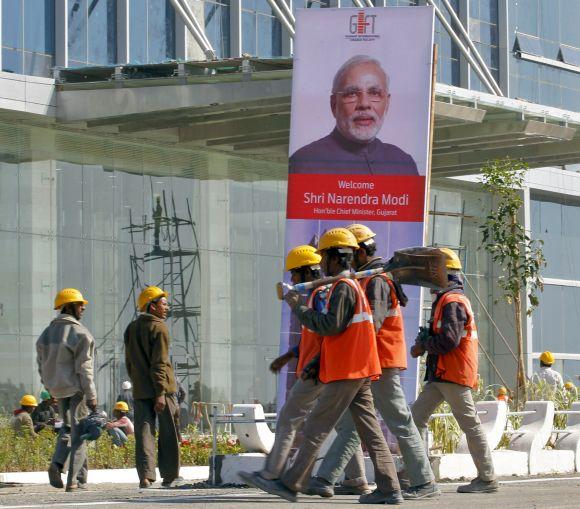
As the nation awaits (with bated breath) the announcement of the election results on that day, there’s a prayer on everybody’s lip that the victorious combine secures enough majority to run a stable government over the next five years, rather than being dictated by the whims and fancies of those recalcitrant allies whose support would be crucial for their survival.
To be fair, some of the optimism is justified.
With the Bharatiya Janata Party (BJP)-led National Democratic Alliance being tipped to emerge as the single-largest combine, their perceived (whatever be the reality) market-friendly approach may galvanise the investors’ sentiments.
There are, of course, some low-hanging fruits to be plucked.
The United Progressive Alliance (UPA), during the final days of its tenure, finally managed to breathe life back into some of the projects that were stuck due to multiple reasons.
Click NEXT for more...
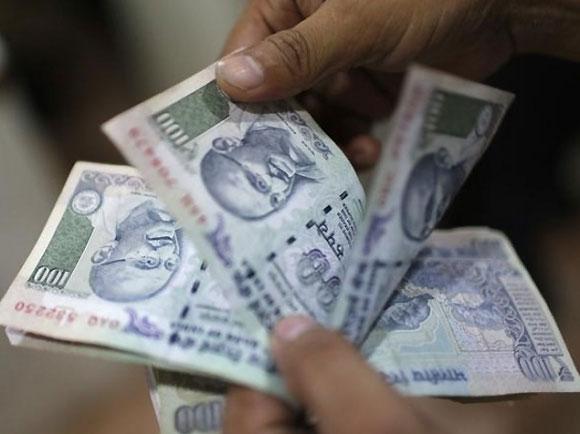
Similar actions can be expected from the new government. While that can potentially unleash a virtuous cycle of investment, it is definitely not going to be the panacea for the ills currently plaguing the country.
With the government starved of resources, there’s been an increasing tendency to go the public-private partnership way to bridge the infrastructure gap in India.
But with multiple private players in the fray, bidders tend to bid aggressively, quite often ignoring the relevant risks — be it the lack of an escalation clause against potential spike in input prices or over-optimistic cash-flow assumption, even for infrastructure projects with long gestation periods.
The problem faced by multiple private power producers is a case in point.
Click NEXT for more...
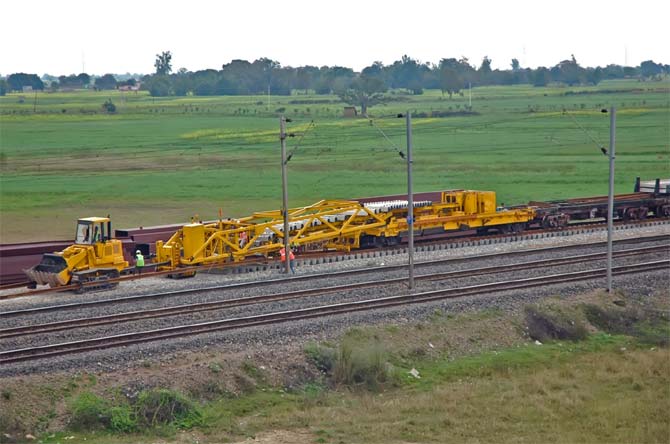
A large number of such projects have virtually become unviable and a huge chunk of infrastructure projects would end up becoming non-performing assets for banks.
According to the Corporate Debt Restructuring Cell, of the Rs 2.42 lakh-crore ( Rs 2.42 trillion) worth of debt currently being considered for restructuring, more than 36 per cent accounts for infrastructure (including power and telecom).
Clearly, even if investment sentiment improves, piggybacking on the private sector may not necessarily yield the desired results.
For starters, it is important to recognise that public investment in infrastructure plays a more crucial role than private investment.
In fact, even though public investment in infrastructure remains muted, it is still three and a half times the private investment.
Click NEXT for more...
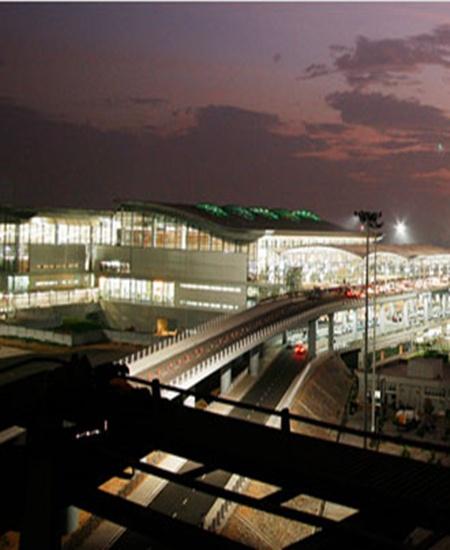
While private investment in infrastructure will continue to remain relevant and needs to be encouraged, the advantage of public investment in infrastructure is that it creates a larger multiplier effect than private investment — simply because it creates public good. Moreover, enhanced public investment encourages more private investment since it jacks up overall business confidence.
Private investment can help build swanky airports, multiple layers of flyovers and so on, but for a country where nearly half the population lives in rural areas, the creation of public infrastructure in the form of roads, good quality water supply, predictable power supply and so on holds the key in improving productivity, containing inflation and improving the average quality of life.
Click NEXT for more...
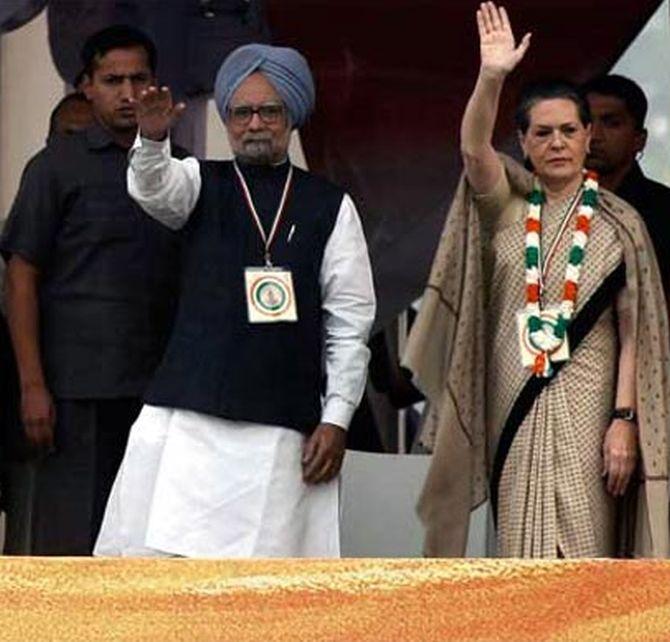
It is, therefore, imperative for the new government to focus on containing the fiscal deficit in a more meaningful manner than the previous government, so as to free up crucial financial resources for capital formation in the economy.
The outgoing UPA government would show a better deficit figure for FY14 mainly on account of a large dollop of creative accounting, some luck (ministries being unable to spend their full quota of money as the election code of conduct sets in) and curtailing essential (read capital) expenditure, so that they can carry on with their populist (read vote-catching) schemes.
Click NEXT for more...
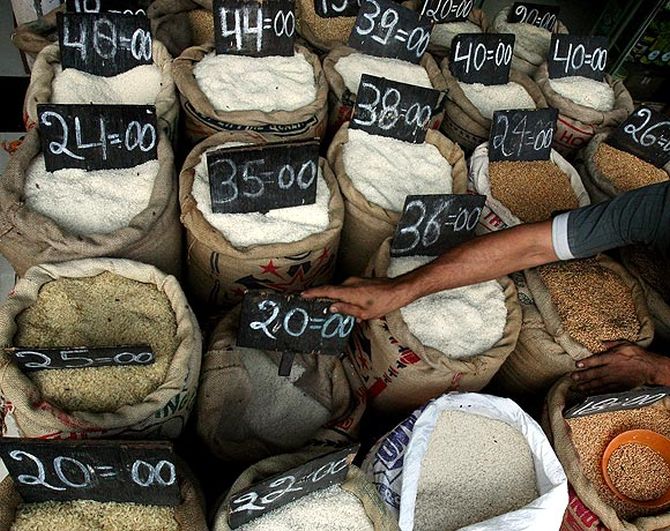
However, the quality of the deficit remains poor and hence, there’s a much less bang for the buck than is otherwise possible.
Much has been talked about the deficit and how it can be tackled. I would refrain from commenting further on that.
Suffice it to say that containing the fiscal deficit to meaningful levels by using judicious means should be a non-negotiable agenda for the new government.
Unfortunately, the BJP’s election manifesto provides less room for comfort on this front — be it enhancing the scope of the food security Bill, increasing minimum support prices, housing for all and so on.
However, it does not clarify where the resources will come from.
While the next budget document will be the key to understanding the thought process of the new government, one hopes to see outline of more pragmatic economic policies. Otherwise, one has to contend with elevated levels of inflation, a depreciated currency and unsatisfactory growth rate.